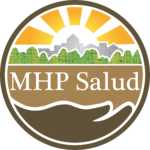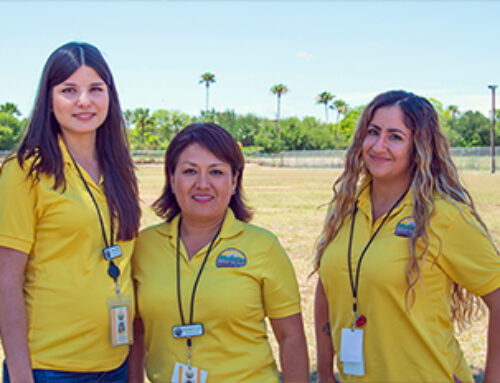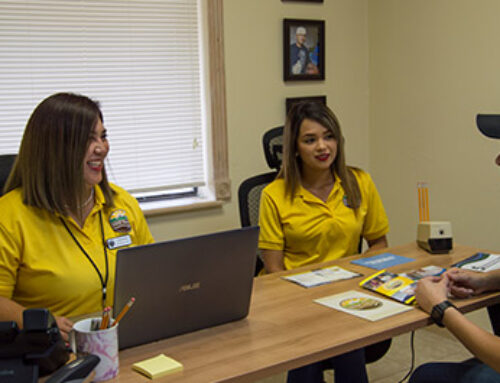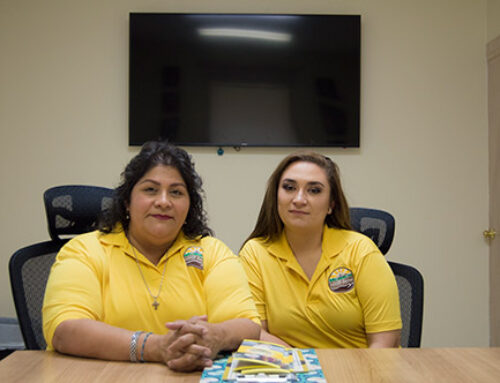Navigator Programs Provide Much Needed Application Assistance to Underinsured Communities
November 2019
Navigators are trained individuals that conduct outreach, provide education and application assistance to people that are eligible for marketplace health insurance and Medicaid coverage. In 2018, the number of uninsured Americans increased by about 2 million1. For low-income families, who make up 83.7% of uninsured3, and for those that have trouble understanding the application process and requirements for health insurance, Navigator programs have become increasingly important.
Navigators help address challenges with income, complex family situations, and limited English proficiency which makes applying for health insurance difficult for these individuals. Studies have shown that nearly half of all uninsured nonelderly adults noted high costs as a factor for not having insurance.2 Nearly all individuals who sought help did so due to lack of confidence to apply on their own or limited understanding of plan choices and the Affordable Care Act.3
Equipped with the right tools and support from the community, Navigators help address these barriers so that individuals and families can gain access to health insurance.
MHP Salud’s Navigator Program Proves Successful for Hispanic Communities in South Texas
MHP Salud has had a Navigator program for over six years. The program uses Community Health Workers (CHWs), trained as Navigators, to provide education and application assistance to the predominantly Spanish-speaking communities along Texas’ southern border. Today, the program is only one of two Navigator programs left in Texas, which has the highest rates of uninsured individuals of any state (17.7%)4.
CHWs are uniquely qualified for this position because they’re from the community they serve and have a deep understanding of the culture. This connection allows them to easily gain the trust of community members so that they can better integrate information about the health care system into the community’s culture, language and value system.
The Navigators in the program make every effort to ensure that services are known to as many people as possible. They draw from their experiences as CHWs to conduct door to door outreach, post flyers in locations where the community members frequent, and even advertise on local radio stations. Over the years, outreach efforts have allowed the community to become more familiar with the Navigators in the program, in turn, building relationships that allow the Navigators to provide the guidance families need. This guidance helps families understand their coverage options and helps them fill out enrollment forms with confidence and security.
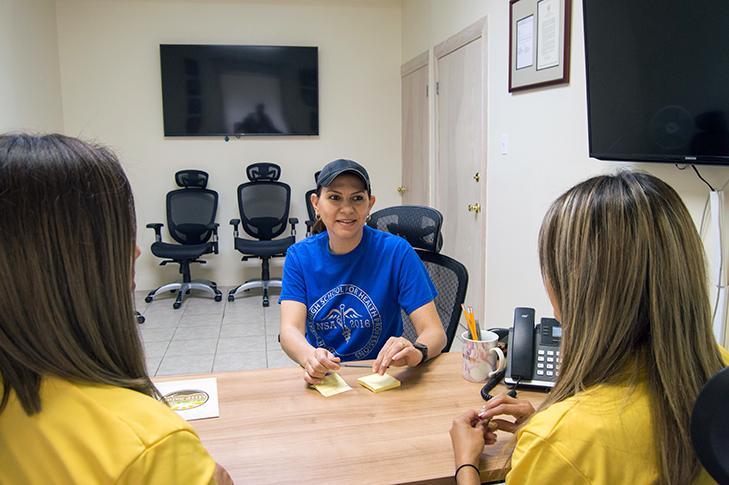
MHP Salud’s Navigators help answer question about open enrollment and the insurance marketplace. MHP Salud’s Navigator program is just one of two operating in the state of Texas.
Navigators and Open Enrollment
The help is especially crucial during high demand periods like open enrollment, which runs from November 1 to December 15th. At this time, anyone who qualifies can enroll in a health insurance plan. Outside of open enrollment, individuals can only enroll during special enrollment periods if they experience certain life events like having a baby, getting married or losing other health coverage.
Navigator outreach is critical in these months for the many families that don’t have any health insurance and for those that are at risk of losing theirs because of misinformation about the deadlines or the application process.
During the first open enrollment weekend, Navigators step up to ensure families don’t miss the application deadline. Their biggest outreach effort is a feature on the local news. Navigators are interviewed by news anchors and allowed to give insight on the program and share contact information. Furthermore, the Navigators make themselves available to take calls during the broadcast. The feature helps spread awareness throughout many communities at once leading to an influx in the number of individuals and families the Navigators serve.
Additionally, Navigators take the time to call individuals and families they already have established connections with to remind them about open enrollment. Many of the individuals also receive tax information on marketplace exemptions and help with health insurance related tax forms.

Many of our families are at risk of losing their health insurance because they don’t fully understand the consequences of missing the open enrollment deadline. Therefore, we ramp up our outreach efforts in the month of October, before the start of Open Enrollment. Our Navigators have deep connections within their communities. It makes them passionate about the work they do. They conduct outreach door to door, make a lot of phone calls and speak at public events. The Navigators are happy to extend their working hours if it means they can help more families. They want to ensure that people get as much information as possible about the application process and even health insurance taxes. And for those families who don’t qualify, the Navigators make every effort to help them enroll in other programs like Medicaid and the CHIP (the Children’s Health Insurance Program). You don’t find that kind of dedication often.
Navigators Have High Rates of Success Getting Families Accepted into Health Insurance Programs Throughout the Year
After open enrollment, Navigators continue to remain accessible to all individuals within their communities. They situate themselves in places like community centers, schools, hospitals, and even churches. This positioning helps people feel safe and comfortable while seeking application assistance. Additionally, having Navigators in these easily recognizable places allows them to help more individuals with their health insurance and easily refer individuals to resources available on site.
Proof of the success of the Navigator program lies in the fact that nearly 80% of the adults with children who used our application assistance services in 2018 were approved for Medicaid. The success rate is promising for the Hispanic community, as they have the highest uninsured rates (19%) among the nonelderly population.4
With coverage loss expected to grow in underinsured communities, the existence of Navigator programs is essential so that low-income and Spanish-speaking families can gain access to health insurance.
Learn more about the Community Health Worker Model and how it is successfully utilized within the Navigator Program.
MHP Salud has over 35 years of experience implementing CHW programs and training organizations looking to start and/or strengthen their own CHW programs. For more information about MHP Salud, our services, and how we can help you, please email us at info@mhpsalud.org.
About MHP Salud
MHP Salud has over thirty years of experience implementing CHW programs and training organizations looking to start and/or strengthen their own CHW programs. For more information about MHP Salud, our services, and how we can help you, please email us at info@mhpsalud.org
References
- https://www.census.gov/quickfacts/fact/table/US#https://khn.org/news/number-of-americans-without-insurance-rises-in-2018/
- https://www.kff.org/health-reform/issue-brief/data-note-further-reductions-in-navigator-funding-for-federal-marketplace-states/
- https://www.kff.org/uninsured/fact-sheet/key-facts-about-the-uninsured-population/
- https://www.healthaffairs.org/do/10.1377/hblog20190911.805983/full/

